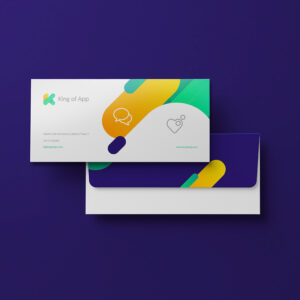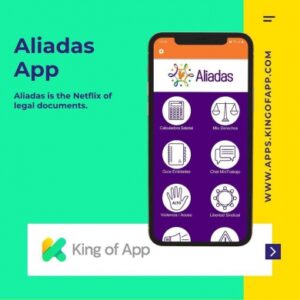Apps are our day to day. Do we need a taxi? We got off MyTaxi . Do we want a hotel for tonight? We went to Hotel Tonigh t. Didn’t we get to eat? We send a WhatsApp . Someone is late? Head to Candy Crush . And so it could continue for each and every situation we live in. Our phones have, on average, 39 Apps installed and we give all of them use and permission to access our information. Too much? Yes, surely.
A recently published report, in which the Spanish Data Protection Agency (AEPD) has participated , states that almost a third of the Apps require excessive permissions for the functions they perform, which implies that they take control of parts of the user’s phone (camera, calls, contacts, location) without any justification.
Mainly, the Apps that we have installed ask (and we give them) access to our location (32%), followed by the phone identifier (16%), access to other accounts (15%), to the camera (10%), to contacts (9%) and, to a lesser extent, call log, SMS, calendar and microphone. Data that, in principle, are necessary for the proper functioning of the installed App and the basis of its functionality, which is what we have downloaded it for, but this is not always the case.
Some Apps ask for access to information that has little or nothing to do with the functionality for which we have chosen it . For example, storage apps or games that ask to access the call log; an app that simulates a flashlight that asks to know when you are connected or apps that, to register using a Facebook account, ask for access to your list of contacts on this network. All information that has nothing to do with the functionality of the application but is an essential condition to be able to install them.
The report, prepared by 27 data protection entities that are members of the Global Privacy Enforcement Network, also reveals that only 15% of apps provide reliable and clear information on how data will be collected and processed. personal data of users. “Asking for permissions and respecting privacy regulations is not usually something that programmers consider in the first instance, but it is that users do not give it importance either. And these are the first who should be careful with their privacy”, says Santiago Begué, head of the Appytest service of the BDigital technology center, in statements published in the Periódico de Extremadura . “If a program asks to have access to the user’s agenda, it would still have to consider whether it needs it. But for the user it seems that if it is free, everything is fine, and he has not understood that when something is free on the internet , is that the user is the product “, he says.
For the preparation of this study, more than 1,100 mobile Apps for both iOS and Android have been analyzed.



















